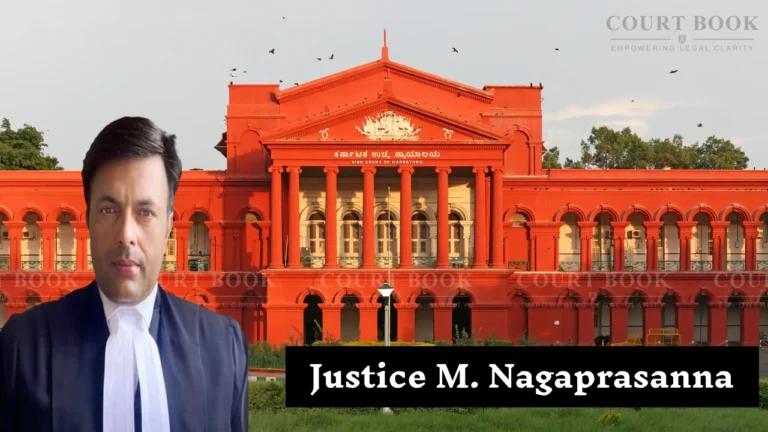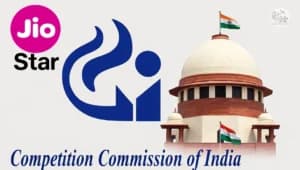In a notable development before the Karnataka High Court, Solicitor General (SG) Tushar Mehta revealed a verified fake social media account named "Supreme Court of Karnataka" to underline the unchecked misuse of digital platforms. The account, verified by X (formerly Twitter), was presented as an example to emphasize the urgency of regulating online content and ensuring accountability.
“We created an account in the name of ‘Supreme Court of Karnataka’, and Twitter (X) verified it. Now, I can post anything, and lakhs of people will believe that the Supreme Court said it. I can stay anonymous,” stated SG Mehta.
This incident came up during a hearing where the Centre is defending its directives under Section 79(3)(b) of the Information Technology (IT) Act, challenged by X Corp. The Solicitor General argued that digital platforms provide individuals with unchecked power to post any content without regulation, endangering privacy and public trust.
He referred to the Shreya Singhal judgment, where the government had earlier argued that anyone on the internet is essentially a publisher, broadcaster, and distributor, making it easy to violate privacy rights without consequences.
The SG presented this fake account before Justice M. Nagaprasanna, the presiding judge in the case, purely to demonstrate the simplicity with which such impersonations can be created.
However, Senior Advocate KG Raghavan, representing X Corp, objected strongly.
“Has the account undergone my platform’s scrutiny process? Can we verify the extent of scrutiny involved? This can't be submitted without being officially placed on record,” Raghavan argued.
SG Mehta clarified that the fake account was never used or made public. It was only created to show how quickly and easily verified impersonations can be generated.
“We didn’t post anything or send messages from that account. We only wanted to show that within five minutes, such an account can be created and verified,” he added.
The court assured Raghavan that the demonstration wouldn’t impact X’s case and was merely an illustration.
“Their submission is that creating such impersonations on an intermediary platform is easy,” observed Justice Nagaprasanna.
He further recalled the Proton Mail case, where anonymity also posed significant problems.
“In that case, emails were sent to several members of an organization containing horrendous, morphed pornographic images. But anonymity was claimed,” the judge remarked.
In response, Raghavan stated that such issues aren’t new and even referenced a 2002 incident where the High Court took suo motu cognizance against media misuse and issued a contempt notice.
He later informed the court that X had now blocked the fake account in question.
Meanwhile, X Corp is seeking judicial clarification that Section 79(3)(b) of the IT Act does not empower the government to issue information-blocking orders and insists that such actions must follow the formal procedure under Section 69A, combined with the IT Rules.
SG Mehta countered that some harmful content does not strictly fall under Section 69A and blocking such content might be too severe. Instead, a graded approach is required.
Read Also:- Texting Abusive Language Doesn't Amount to Stalking Under IPC Section 354D: Karnataka High Court Rules
“We created an AI-generated video showing Your Lordship, sitting on this bench, speaking against the nation using your own voice. It doesn’t fall under Section 69A. Yet, it is unlawful,” he argued.
“That is an AI-generated act and clearly unlawful,” the Judge replied.
SG Mehta emphasized the need for least intrusive legislative measures, suggesting that the state could warn offenders instead of immediately resorting to criminal proceedings.
The hearing is scheduled to continue on July 25, where more arguments are expected.














